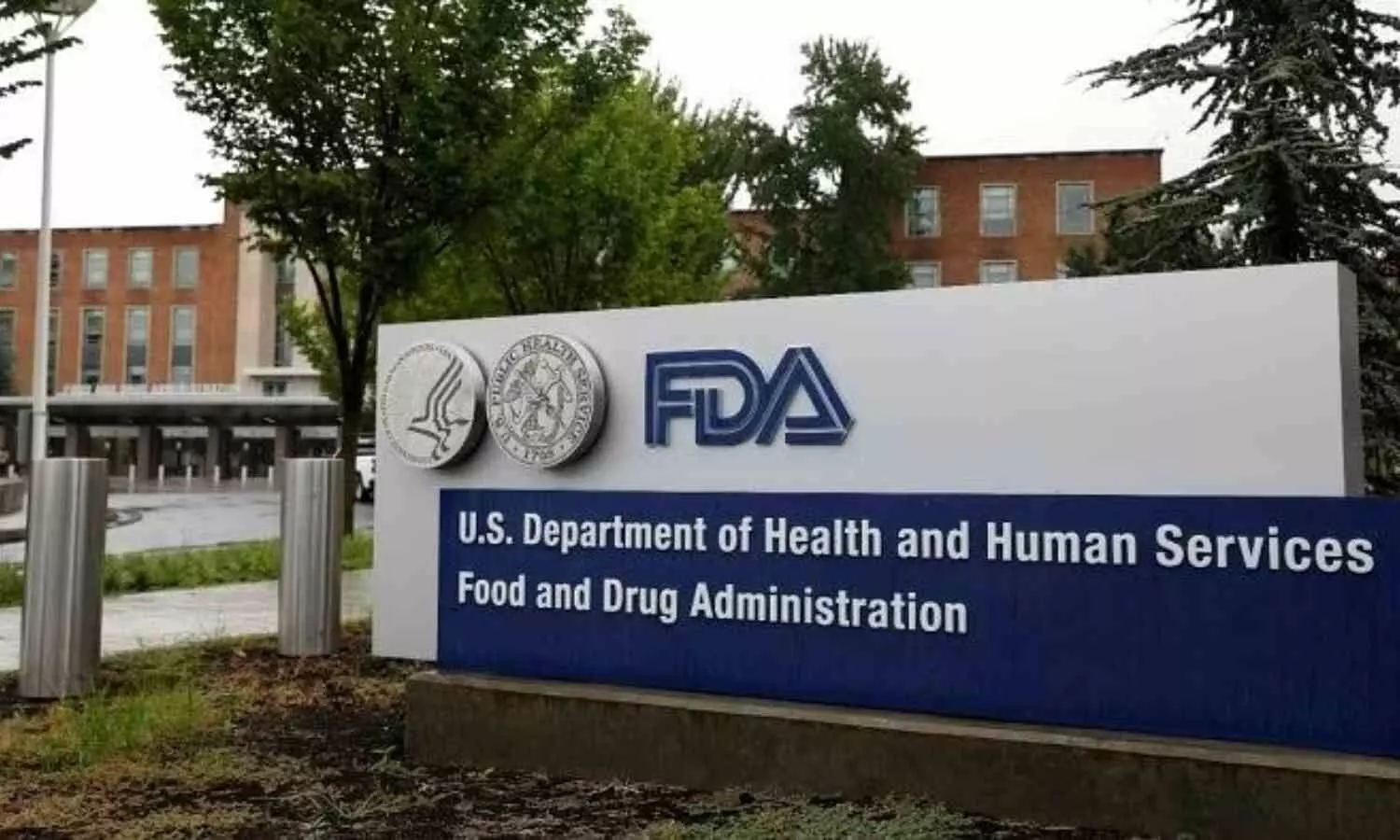USFDA Announces Major Push to Speed Biosimilar Development, Slash Biologic Drug Costs
- byDoctor News Daily Team
- 04 November, 2025
- 0 Comments
- 0 Mins

New Delhi:In a significant policy move to make advanced treatments more affordable, the U.S. Food and Drug Administration (FDA) has announced new measures to accelerate the development of biosimilars, lower-cost alternatives to expensive biologic drugs, aimed at expanding patient access and reducing overall drug costs in the United States. In a newly published draft guidance, the agency proposes “major updates to simplify biosimilarity studies and reduce unnecessary clinical testing.” At the same time, the FDA is progressing an initiative to “make it easier for biosimilars to be developed as interchangeable with brand-name biologics, helping patients and pharmacists choose lower-cost options more easily.” The announcement points out the high cost impact of biologic drugs: “Expensive biologic medications make up only 5 % of prescriptions in the U.S. but account for 51 % of total drug spending as of 2024.” Despite this, FDA-approved biosimilars remain at “a small fraction of approved biologics,” with just 76 biosimilars approved to date. According to the agency, only about 10 % of biologic drugs expected to lose patent protection in the next decade have a biosimilar currently in development. “Biosimilars are often far more affordable to patients and have the promise to significantly lower health care costs in America,” said FDA Commissioner Marty Makary. “By streamlining the biosimilar development process and helping advance interchangeability, we can achieve massive cost reductions for advanced treatments for cancer, autoimmune diseases, and rare disorders affecting millions of Americans.” The draft guidance titled “Scientific Considerations in Demonstrating Biosimilarity to a Reference Product: Updated Recommendations for Assessing the Need for Comparative Efficacy Studies” is based on the FDA’s experience since the first biosimilar was approved in 2015. The agency notes that comparative human clinical studies often take “1-3 years and cost $24 million on average,” yet have “low sensitivity compared to many other analytical assessments.” In light of this, the FDA now generally “does not recommend switching studies” for biosimilars licensed as interchangeable — a departure from prior norms. Congress first established the biosimilar approval pathway in 2010 under the Biologics Price Competition and Innovation Act (BPCIA) to promote competition in markets dominated by high-cost biologics. The FDA states that with today’s action, it aims to help more companies bring “affordable, high-quality biosimilars to market and reduce costs for the American people.”
Disclaimer: This website is designed for healthcare professionals and serves solely for informational purposes.
The content provided should not be interpreted as medical advice, diagnosis, treatment recommendations, prescriptions, or endorsements of specific medical practices. It is not a replacement for professional medical consultation or the expertise of a licensed healthcare provider.
Given the ever-evolving nature of medical science, we strive to keep our information accurate and up to date. However, we do not guarantee the completeness or accuracy of the content.
If you come across any inconsistencies, please reach out to us at
admin@doctornewsdaily.com.
We do not support or endorse medical opinions, treatments, or recommendations that contradict the advice of qualified healthcare professionals.
By using this website, you agree to our
Terms of Use,
Privacy Policy, and
Advertisement Policy.
For further details, please review our
Full Disclaimer.
Recent News
Eli Lilly plans to build new USD 3 billion facilit...
- 04 November, 2025
Rajkot Maternity Hospital CCTV Leak: How a simple...
- 04 November, 2025
Gland Pharma profit rises 12 percent to Rs 184 cro...
- 04 November, 2025
AIIMS Delhi doctors told to use Hindi in prescript...
- 04 November, 2025
Daily Newsletter
Get all the top stories from Blogs to keep track.


0 Comments
Post a comment
No comments yet. Be the first to comment!